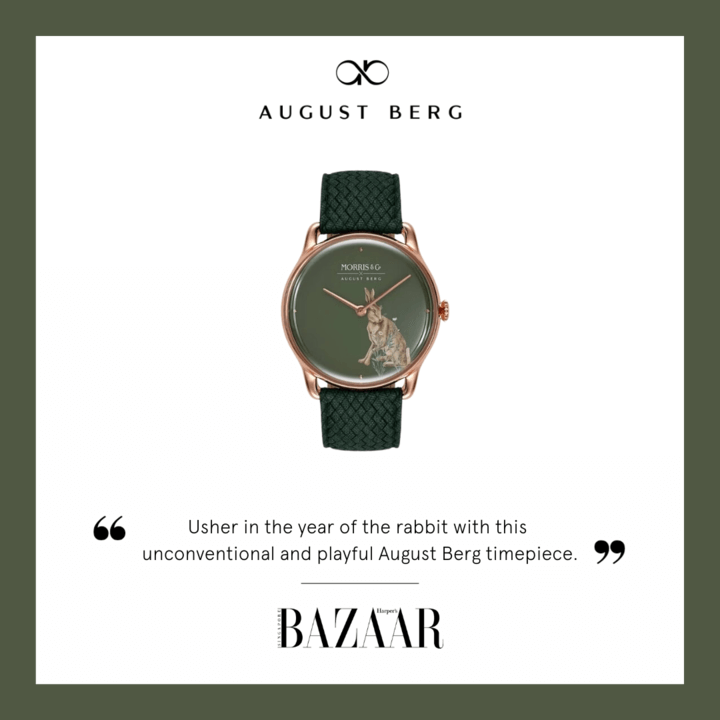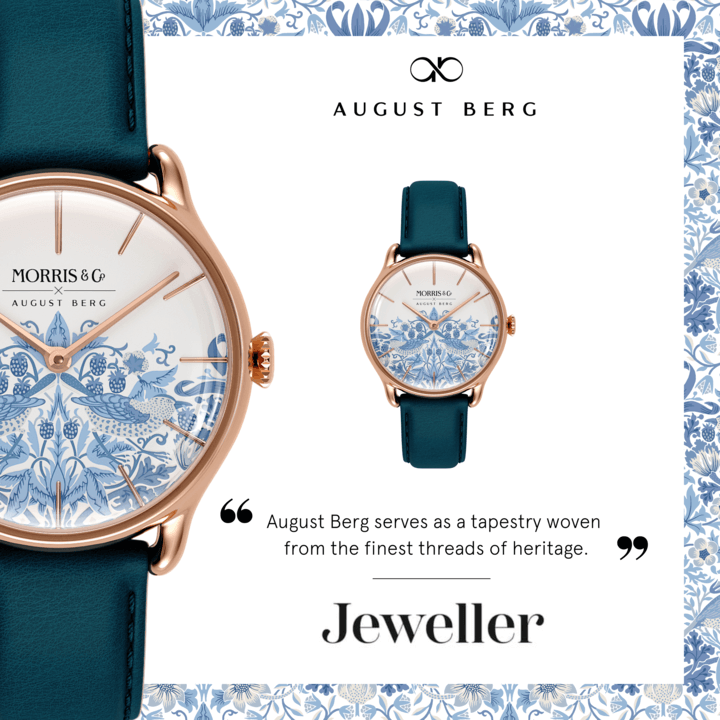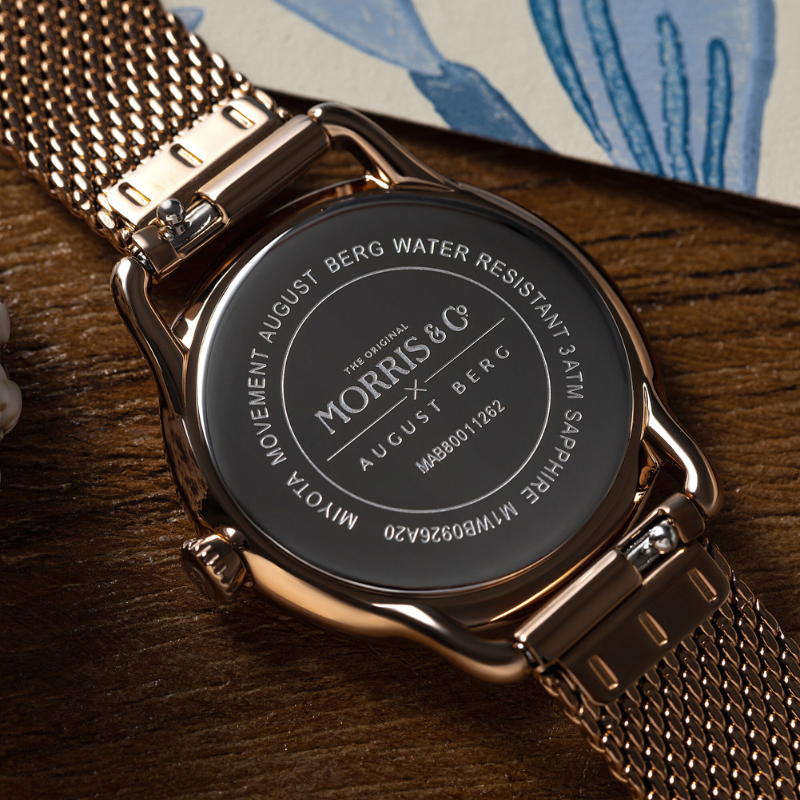How often do we think of ourselves as the priority in life? In theory, we are all prioritizing ourselves in the sense that we take responsibility of our work and family and try to be the best versions of ourselves, and by extension that means we are taking care of things that would affect our well-being. However, are we really making ourselves the priority when our actions and thoughts are driven by responsibility to something or someone else?
We often attach our value to external factors and how we stand in relation to the people in our lives. For instance, how you gauge your working capabilities might be affected by how well you are able to meet stipulated deadlines. If you are consistently missing deadlines, it could lead to a sense of failure and plant a seed of doubt in your inherent abilities to complete tasks in general. This could affect how you see yourself in other areas of life, and this is just one example of how we attach our values to external factors.
Every single one of us goes through our daily tasks and activities having to interact with our external environments. So how is it possible for us to not see our positions in relation to others? “Comparison is the thief of happiness,” is a good quote to keep in mind when you fall into that trap of inferiority when looking at someone else’s achievements. Jay Shetty once spoke to a graduating class about Time. The key takeaway of this lecture being that we are all on our own timelines – some may graduate at 21 and immediately get a job, and some who might only get their career started at 27, people who love each other but never get married their entire lives – and there is nothing wrong with any of that. You are on your own timeline and your own timezone, figuring out what you want to do with your life, learning things and meeting people along the way, and searching for your own way.
“Don’t let anyone rush you with their timelines.”
-Jay Shetty
The common issue here is also that we internalize these issues; we believe that it is something about us that we have to fix. We are conditioned to think that in order to prove our worth, we have to withstand high levels of stress and tolerate all kinds of stressors and yet still function effectively and efficiently. God forbid that we break down or become incapable of juggling the 2,001 things that are happening all at the same time. There is no way to avoid stress completely, but to manage it such that we do not blame ourselves for it. In fact, Emily and Amelia Nagoski, authors of Burnout: The Secret to Solving the Stress Cycle actually wrote that “Stress is not bad for you, being stuck [in stress] is bad for you.” Learning to see yourself as a priority and knowing your worth is one way of managing that, and the first step to change is acknowledging that there is an issue here. We are not our problems.
One thing that we have to keep in mind is that perfection is a fluke. Many of us are taught to seek perfection in whatever we do, reduce the errors and really just be perfect mothers, sons, students, teachers, etc. You get the idea. But we neglect the fact that the search for perfection can be counterproductive. The excessive focus on perfection results in risk-aversion because we become so afraid of failing. That means we will stay in our comfort zones and stunt our own growth, all while being aware that there are people moving ahead of us, and therefore beginning this vicious cycle of never being enough all over again.
Instead of seeking perfection in the things that we do, we should try switching our focus to progress and growth – that means allowing ourselves to try new things and even providing the space to trial and error. Turning the focus will change what you place value on – instead of fearing imperfection, you are now focused on moving forward. Understand that your worth isn’t on how perfect and error-free something is, but how you have arrived at a creative solution because you were willing to let go of your restrictions on yourself and consider new perspectives.
Going back to the question at the beginning of the article - How often do we think of ourselves as the priority in life? When we understand that we do not owe anyone any explanations for who we are, when we see our value not in relation to other people’s achievements or how they think of you, when you focus on the progress that you’re making instead of seeking a perfection that is non-existent and that will only result in unnecessary stress, that is when you are making yourself a priority. Remember, you are on your own timeline, see your worth and your value on your own terms and love yourself.
































